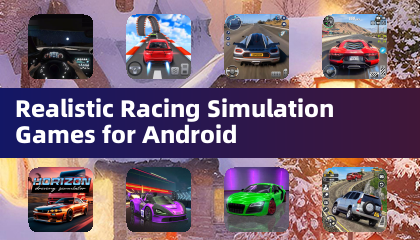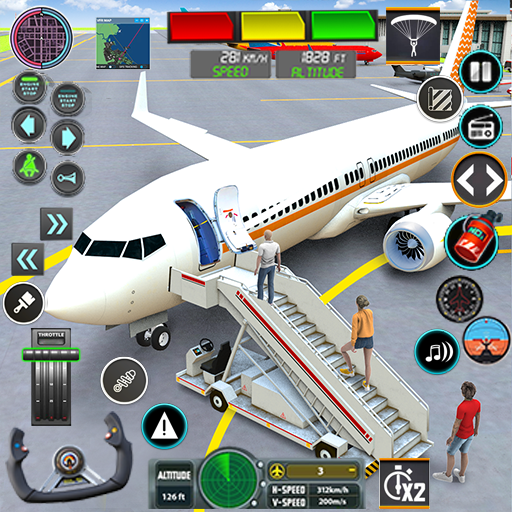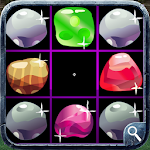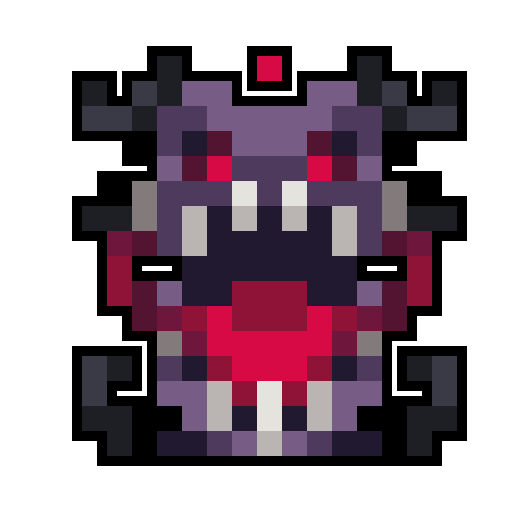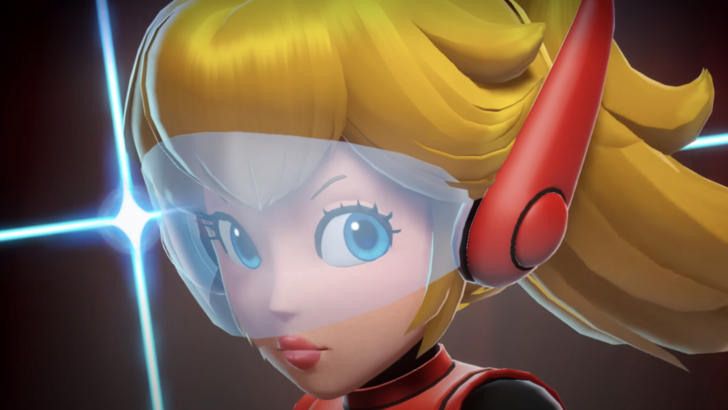 While the gaming industry explores generative AI's potential, Nintendo maintains a cautious stance due to IP concerns and its commitment to unique game design.
While the gaming industry explores generative AI's potential, Nintendo maintains a cautious stance due to IP concerns and its commitment to unique game design.
Nintendo President's Stance on Generative AI
IP Rights and Copyright Concerns
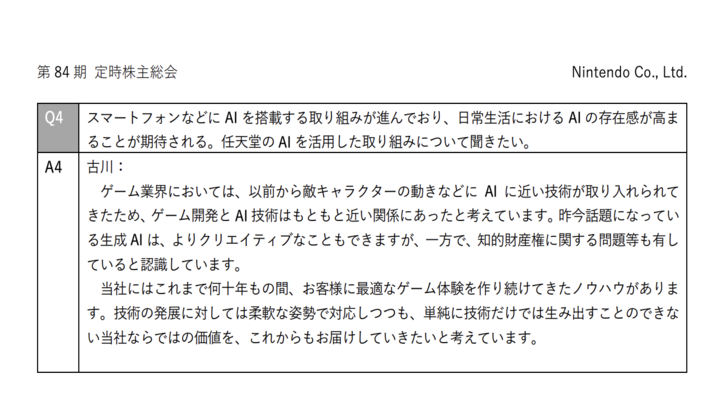 image (c) NintendoNintendo President Shuntaro Furukawa recently confirmed the company's current lack of plans to integrate generative AI into its games, citing intellectual property (IP) rights as the primary concern. This was revealed during an investor Q&A session focusing on AI's role in game development.
image (c) NintendoNintendo President Shuntaro Furukawa recently confirmed the company's current lack of plans to integrate generative AI into its games, citing intellectual property (IP) rights as the primary concern. This was revealed during an investor Q&A session focusing on AI's role in game development.
Furukawa acknowledged AI's long-standing presence in game development, particularly in NPC behavior control. However, he distinguished between traditional AI and the newer generative AI, capable of creating diverse content like text, images, and video through pattern recognition.
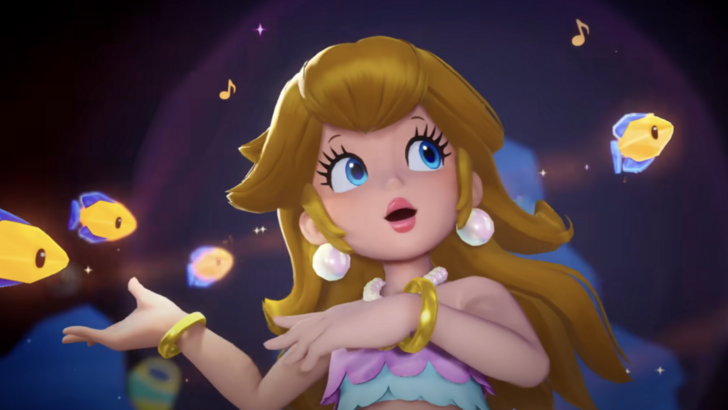 Generative AI's rise across industries is undeniable. Furukawa stated, "In game development, AI-like technologies have long been used to control enemy character movements, so game development and AI have gone hand-in-hand even before," highlighting the existing use of AI while emphasizing the distinctions with generative AI.
Generative AI's rise across industries is undeniable. Furukawa stated, "In game development, AI-like technologies have long been used to control enemy character movements, so game development and AI have gone hand-in-hand even before," highlighting the existing use of AI while emphasizing the distinctions with generative AI.
Despite acknowledging generative AI's creative potential, Furukawa highlighted the IP risks. He stated, "It is possible to produce more creative outputs using generative AI, but we are also aware that problems can arise with intellectual property rights," referencing the potential for copyright infringement inherent in such tools.
Maintaining Nintendo's Unique Identity
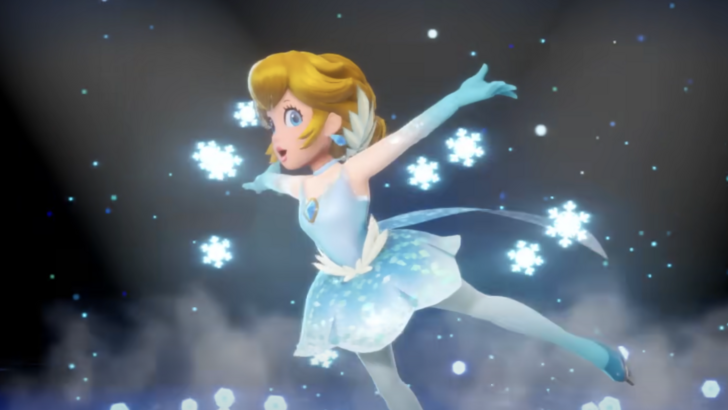 Furukawa underscored Nintendo's decades-long commitment to unique gameplay experiences built on extensive experience. He affirmed, "We have decades of expertise in creating optimal game experiences for our customers.," during the Q&A. "While we are flexible in responding to technological developments, we hope to continue to deliver value that is unique to us and cannot be created through technology alone," emphasizing the company's dedication to its established development philosophy.
Furukawa underscored Nintendo's decades-long commitment to unique gameplay experiences built on extensive experience. He affirmed, "We have decades of expertise in creating optimal game experiences for our customers.," during the Q&A. "While we are flexible in responding to technological developments, we hope to continue to deliver value that is unique to us and cannot be created through technology alone," emphasizing the company's dedication to its established development philosophy.
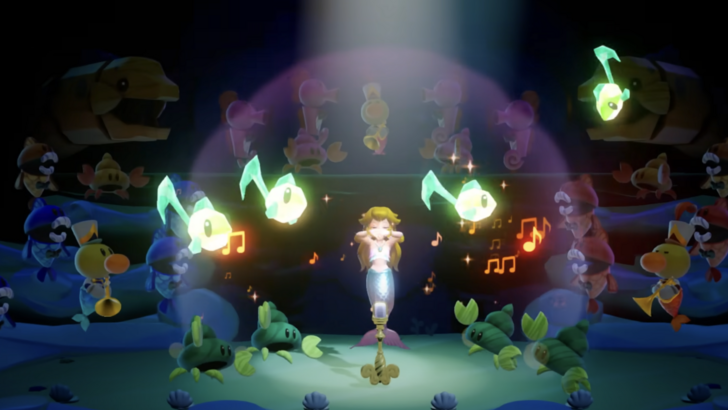 This stance contrasts with other gaming industry leaders. Ubisoft's Project Neural Nexus, for example, utilizes generative AI for NPC interactions, with producer Xavier Manzanares emphasizing its role as a tool rather than a game creator. Square Enix and Electronic Arts (EA) also see generative AI as a valuable asset for content creation and development process enhancement.
This stance contrasts with other gaming industry leaders. Ubisoft's Project Neural Nexus, for example, utilizes generative AI for NPC interactions, with producer Xavier Manzanares emphasizing its role as a tool rather than a game creator. Square Enix and Electronic Arts (EA) also see generative AI as a valuable asset for content creation and development process enhancement.







